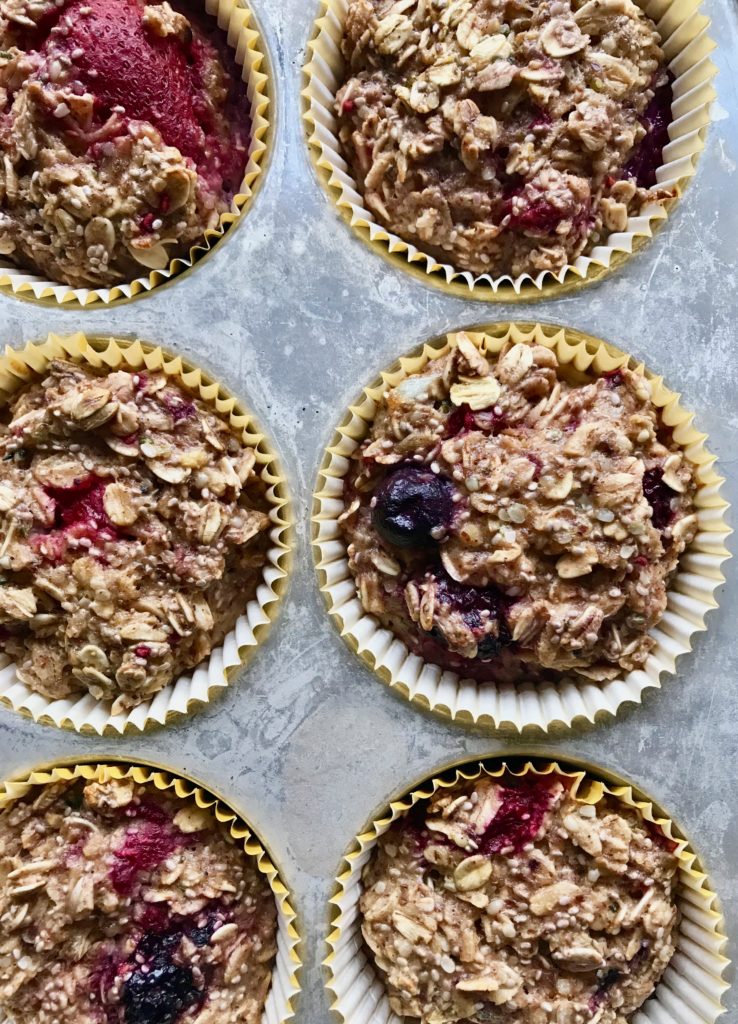As a dietitian and healthy coach, I help people work towards their goals through food and lifestyle changes, but the majority of the time, the conversation is about a lot more than just food!
Your relationship with food is just as important as what you eat. Let that sink in for a moment.
It’s not just what you put in your body that matters, but it also matters what and how you think and feel about the food you’re eating which impacts your overall well-being. In other words, eating healthy food is important, but having a healthy relationship with food is equally impactful on your mental and physical health.
When we have a problematic relationship to food and dieting, we can develop harmful habits and suffer from poor self-esteem, which can make it really hard to make progress towards happy and healthy living. In some cases, dangerous conditions like an eating disorder (such as orthorexia, anorexia, bulimia, binge-eating, etc.) may develop. When this happens too much focus is placed on your weight, body shape and/or food consumption, which leads to undue mental and physical stress. In some cases, it can even be life-threatening.
Eating patterns and attitudes towards your body which may signal an unhealthy relationship with food include:
- Skipping meals
- Adopting an overly restrictive diet (is food either all “good” or all “bad” and have you completely eliminated food groups like carbs, fats, sugars, etc. from your diet?)
- Avoiding social events where food might be present
- Constantly counting calories and checking yourself in the mirror for perceived weight gain
- Weighing yourself frequently and obsessing about your weight
- Feeling powerless against unhealthy foods
- Feeling anxious about eating
Our relationship with food can also impact our personal life, especially when sharing meals with people. Instead of these moments being about enjoying time with family or friends, they become opportunities to obsess over the foods we’re eating. While breaking this cycle isn’t easy, with time, patience and proper guidance, you can develop a healthy relationship with food and learn to live beyond the scale.
Even when the root cause isn’t actually about food, that can be the part of our life where those issues manifest.
Working with an experienced registered dietitian or health coach can help repair your relationship with food by teaching you how to:
- Eat mindfully
- Not restrict the foods you eat (in other words eat a variety of foods including carbs, fats, sugars, etc.)
- Treat yourself to food without overdoing it
- Eat when hungry and stop eating when full
- Exercise regularly, but not use gym time as punishment for your food choices
For more information about how to create a healthy relationship with food, visit my website and check out my Instagram. There you’ll find tools to help you make the most of your wellness routine in order to experience a happier, calmer life, and a more balanced relationship with food and exercise. I also encourage my clients to work with a licensed mental health professional as well if they feel like they’re really struggling.
If you suspect you’re suffering from an acute eating disorder, you can visit the National Eating Disorders Organization website to find help in your area.
Questions? I love to hear from you! Drop a comment below and I’ll be sure to get back you. You can also connect with me on Instagram where I regularly share insight into my practice.

